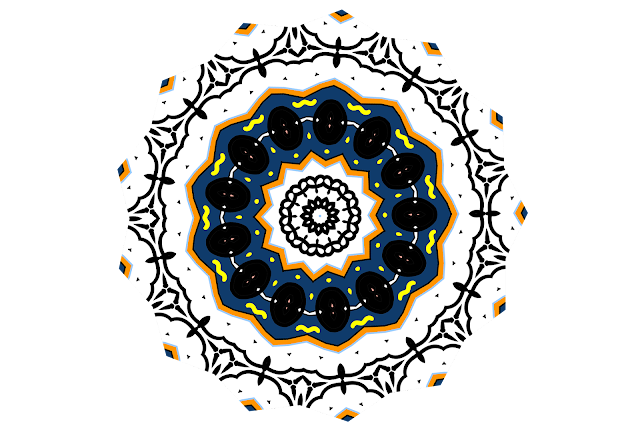Moroccan Tiles: The Benefits and Drawbacks of Moroccan Style Tiles
Moroccan tiles were just as popular in the medieval period as they are today.
These intricately patterned Moroccan tile designs are
handcrafted and prepared with as much care as one could imagine. Before being fired,
a Moroccan tile is molded twice: once to inlay the design, and again to fill
the clay to give it body and a contrasting appeal. Moroccan tile makers are
determined to create these tiles in a way that is versatile and appealing to a
wide range of tastes.
· Benefits of Moroccan Tiles :
1) Affordable:
These tiles are extremely reasonably priced. People
frequently believe they are too expensive for their taste due to their classy
glazed appearance. They are, however, not. They are, in fact, inexpensive, and
if purchased from the right seller, you can get them even
cheaper.
2) Useful anywhere and everywhere:
These Moroccan tile designs are suitable for any given
area in your house that needs a little bit of a redo, from your kitchen's
backsplash to your stair risers. It all depends on how you employ them. It's
difficult to imagine people not stopping to admire the Moroccan tiles' graceful
beauty once your mural of a wall is up and ready after the installation of the
Moroccan tiles.
· Drawbacks of Moroccan Tiles :
1) High level of upkeep:
While the picturesqueness of Moroccan tile designs is
appealing, these tiles can be slippery when installed in certain locations.
Particularly in bathrooms. One must also consider the fact that they are difficult
to maintain. These tiles come with a lot of responsibility, and they require
your constant attention to stay in good condition.
2) Staining susceptibility:
Moroccan tiles
are prone to staining. Spills can seriously stain the tiles if one is not careful
around them. Not only that, but they will begin to accumulate a yellowish taint
if not maintained on a regular basis.



Comments
Post a Comment